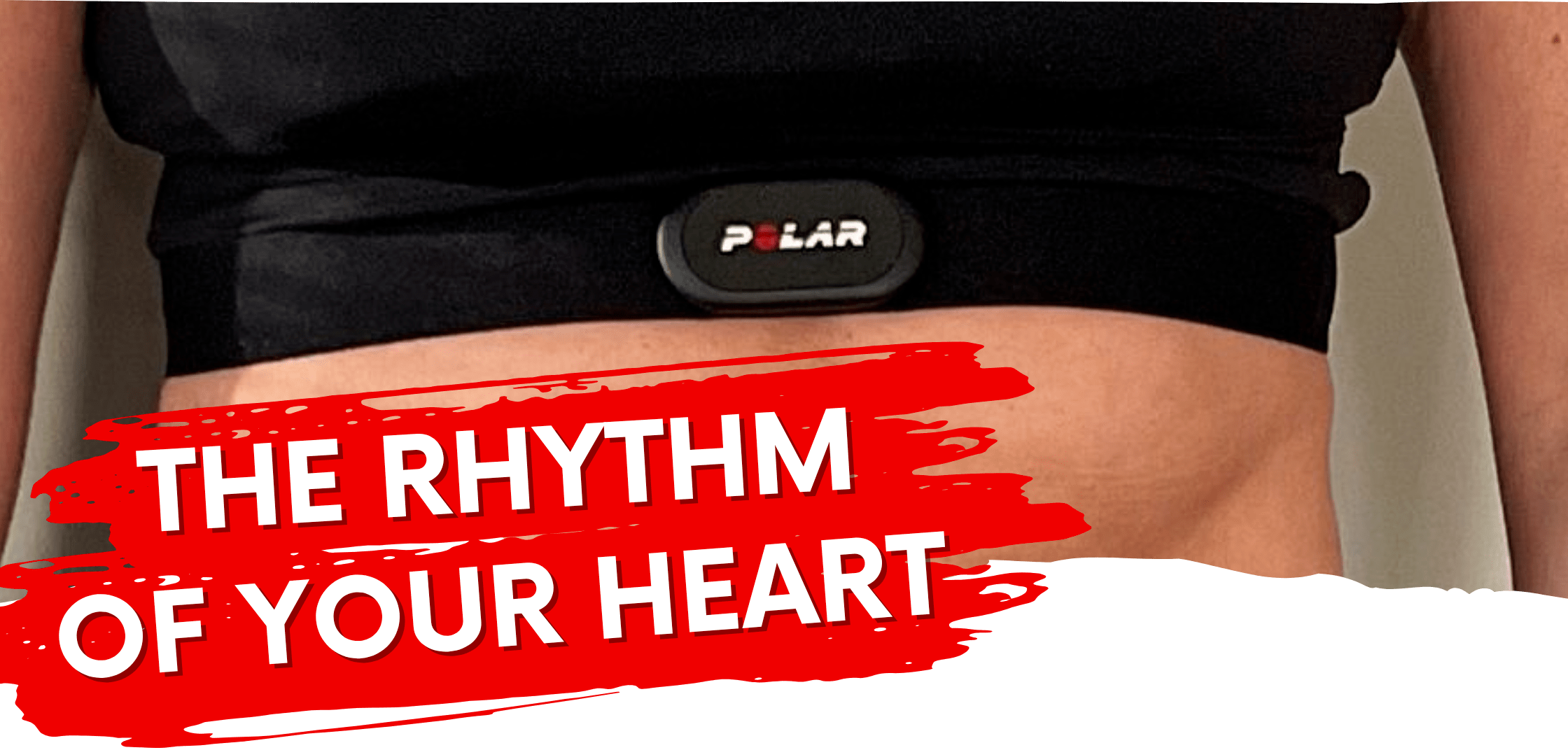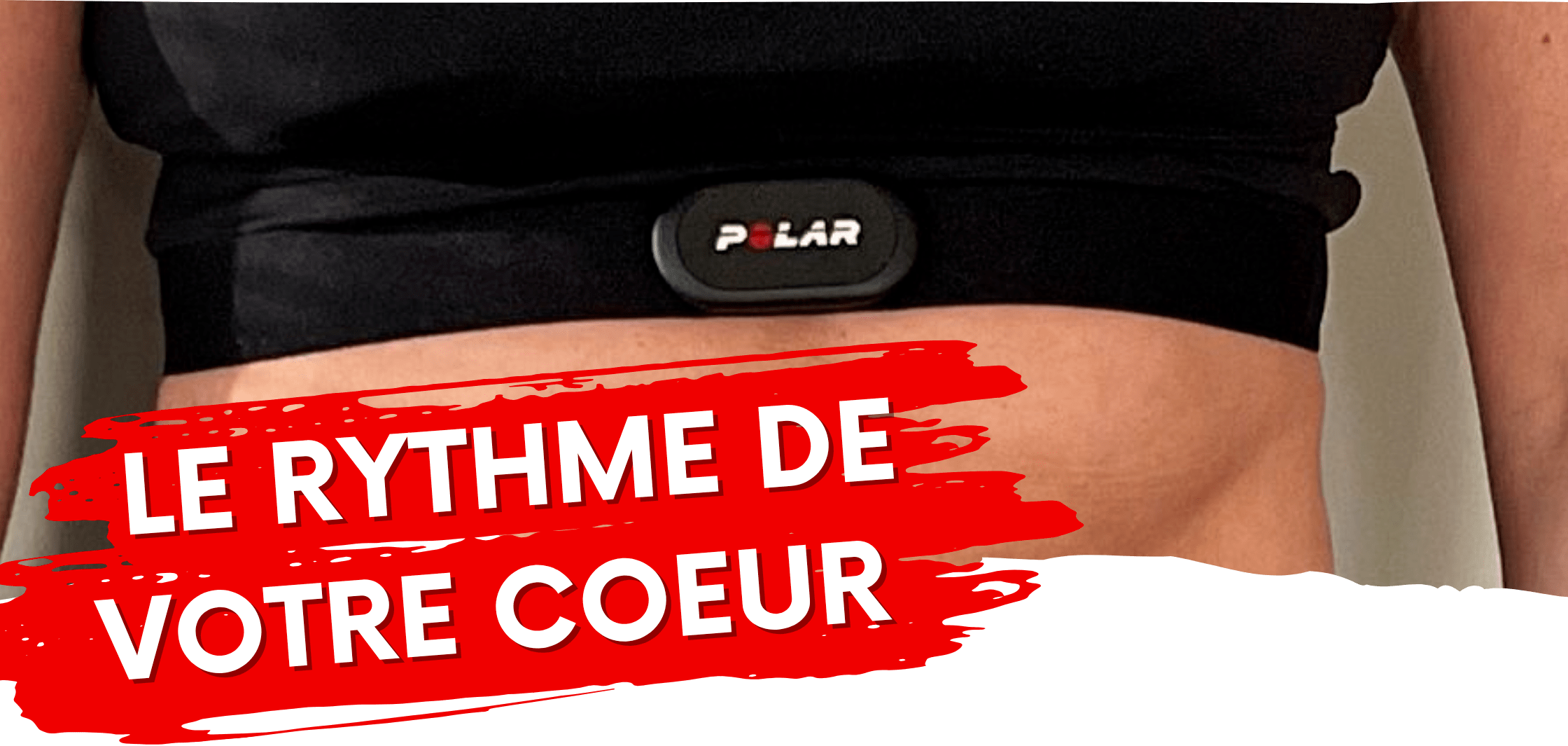PARTICIPATE IN RESEARCH
AFib Detection With Single-Lead ECG

The National Research Council Canada and University of New Brunswick’s Analytics Everywhere Lab are recruiting participants for a study that will validate the use of consumer-grade heart rate sensor technologies to detect atrial fibrillation (AFib). If you are 19 years of age or older, live in the Fredericton area and have been previously diagnosed with atrial fibrillation, you are eligible to participate in the study.
If you decide to volunteer in this study, you will be asked to participate in a data collection session where a researcher will record your ECG data using a Polar H9 and H10 heart rate sensors. We will provide instructions on how to place the sensors on your chest.
The total data collection process will take around 1.5 hours. You will be sitting for the entire duration of the data collection process. Music or other forms of audio/video entertainment can be used for the duration of the data collection process. A member of the research team will check in with you at regular intervals during the data collection process to ensure your comfort and safety, and to answer any questions. You will be offered a $20 Tim Hortons voucher in thanks, plus a chance to win a prize.
What is Atrial Fibrillation?
Atrial fibrillation (Afib) is a type of irregular heart rhythm where the electrical signals are fast, irregular and disorganized, causing your heart to beat very quickly. For more information please consult the Heart and Stroke webpage : What is artrial fibrillation?
How can you get involved?
Email :
AtrialFibrillationStudy-EtudeFibrillationAuriculaire@nrc-cnrc.gc.ca
or call 506-447-5836 or 506-447-5865 for more information or to sign up.Research Approved by UNB REB (2024-176) and NRC REB (2024-136).

PARTICIPER À LA RECHERCHE
Détection de la fibrillation auriculaire avec ECG à dérivation unique

Le Conseil national de recherches Canada et le laboratoire Analytics Everywhere de l’Université du Nouveau Brunswick recrutent des participants pour une étude visant à valider l’utilisation de capteurs de fréquence cardiaque grand public pour détecter la fibrillation auriculaire (FA). Si vous avez 19 ans ou plus, habitez dans la région de Fredericton et avez déjà reçu un diagnostic de fibrillation auriculaire, vous êtes admissible à participer à l’étude.
Si vous décidez de participer à cette étude, vous serez invité à participer à une session de collecte de données au cours de laquelle un chercheur enregistrera vos données ECG à l’aide de capteurs de fréquence cardiaque Polar H9 et H10. Nous vous fournirons des instructions sur la façon de placer le capteur sur votre poitrine.
La collecte de données durera environ 1.5 heure. Vous serez assis pendant toute la durée du processus. De la musique ou d’autres formes de divertissement audio/vidéo peuvent être utilisées pendant toute la durée du processus. Un membre de l’équipe de recherche vérifiera régulièrement votre confort et votre sécurité, et répondra à toutes vos questions. Vous recevrez un bon d’achat Tim Hortons de 20 $ en guise de remerciement et vous courez la chance de gagner un prix.
Qu’est-ce que la fibrillation auriculaire ?
La fibrillation auriculaire (FA) est un type de rythme cardiaque irrégulier où les signaux électriques sont rapides, irréguliers et désorganisés, ce qui entraîne une accélération du rythme cardiaque. Pour en savoir plus, veuillez consulter la page web de Coeur et AVC intitulée : Qu’est-ce que la fibrillation auriculaire?
Comment participer?
Pour plus d’informations ou pour vous inscrire, envoyez un courriel à :
AtrialFibrillationStudy-EtudeFibrillationAuriculaire@nrc-cnrc.gc.ca
ou composez le 506-447-5836 ou le 506-447-5865.Recherche approuvée par le comité d’éthique de UNB (2024-176) et du CNRC (2024-136).
